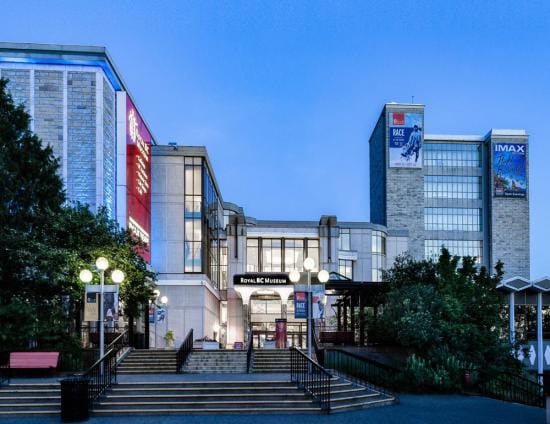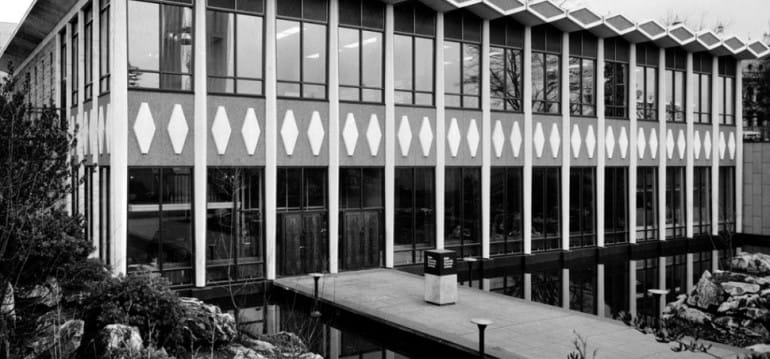
Modernization
Learn more about government’s intention to modernize the museum to protect our historic holdings and provide better access to our collections.

The BC Archives is the oldest archival institution west of the Great Lakes. It traces its roots back to 1894. The archives was formed to preserve records of early colonial settlement in British Columbia. Afraid that records of the newly formed province would be lost, R.E. Gosnell, the first provincial librarian, mounted an advertising campaign asking for “reminiscences of pioneer settlement” (Inland Sentinel, June 1, 1894, 3).
British Columbia was the first western province to recognize the importance of collecting and preserving archival records. In 1908 the provincial archives was officially founded as a separate agency, though the position of provincial archivist and librarian remained a single role until 1974. In 1915, the library and archives were moved into the newly built Provincial Library. This building had a separate space dedicated to the archives.
The first inventory of archival holdings was created under Ethelbert Scholefield. Scholefield, appointed provincial archivist in 1910, also made a concerted effort to collect government records. But there was still no standard organizational system for the archives, and collections were also unavailable to the general public. It was not until the appointment of John Forsyth in 1920 that a system of organization was introduced and the archives opened to the public.
By 1970 the provincial archives had outgrown its space in the Provincial Library, and in that year it moved to its present location at the corner of Belleville and Government streets. This new building had a sizable research room and secure storage for archival holdings.
The BC Archives joined the Royal BC Museum in 2003, as did Helmcken House and the Netherlands Carillon. Together they formed the cultural precinct that exists today. The BC Archives works closely with the Royal BC Museum to develop exhibition and program content, and we continue to provide access to records of enduring value to the province for researchers, staff and the general public.
For additional information, see History of the British Columbia Archives.